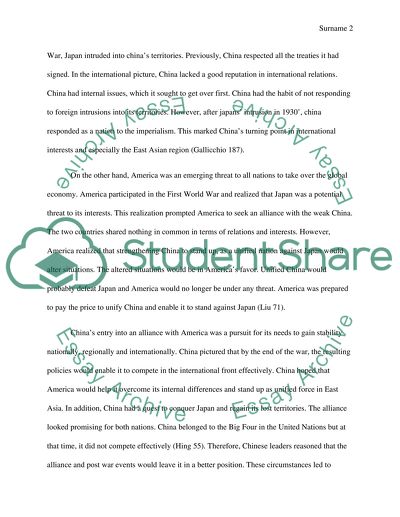Cite this document
(“How Successful was the American and Chinese Alliance in the WWII and Essay”, n.d.)
How Successful was the American and Chinese Alliance in the WWII and Essay. Retrieved from https://studentshare.org/history/1442858-how-successful-was-the-american-and-chinese
How Successful was the American and Chinese Alliance in the WWII and Essay. Retrieved from https://studentshare.org/history/1442858-how-successful-was-the-american-and-chinese
(How Successful Was the American and Chinese Alliance in the WWII and Essay)
How Successful Was the American and Chinese Alliance in the WWII and Essay. https://studentshare.org/history/1442858-how-successful-was-the-american-and-chinese.
How Successful Was the American and Chinese Alliance in the WWII and Essay. https://studentshare.org/history/1442858-how-successful-was-the-american-and-chinese.
“How Successful Was the American and Chinese Alliance in the WWII and Essay”, n.d. https://studentshare.org/history/1442858-how-successful-was-the-american-and-chinese.


